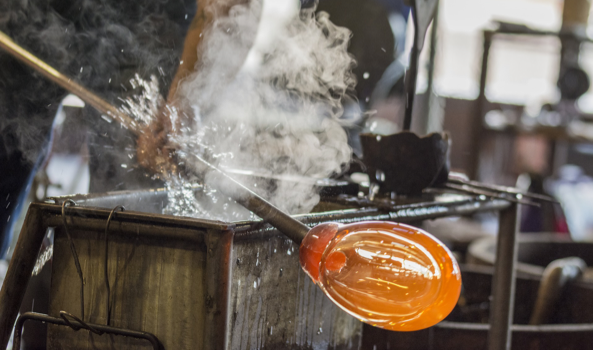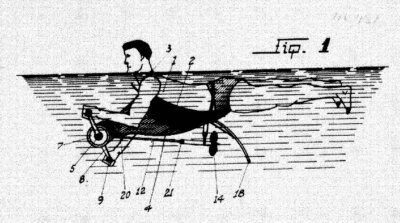Whether we talk about R&D, compliance with new standards, industrial property protection or marketing, innovation is first an investment. You must therefore choose a prudent and appropriate strategy.
Beyond the differentiation of the offer from competitors, innovation, protected by intellectual property, has a strong financial impact on the company. Innovation is indeed an asset which, when properly valued, enables to increase the value of the company by putting a figure on its technological strength.
It is the financial valuation of intangible assets.
In some countries, the valuation of these intangible assets is increasing and overtakes the value of physical or material goods. This is particularly the case in the United States, but also in Finland, Sweden, etc.
If taking these assets into account is part of the current practice of large companies, this strategy is not reserved for them.
Indeed, start-ups and innovative SMEs are fully eligible for such evaluation. In most cases, these companies are poorly valued because their value is mainly based on accounting elements.
We believe that these are practices of another time which do not give the real value of the company, because they do not consider the intangible assets of the company such as:
- human capital,
- Intellectual property,
- know-how,
- the company image, etc.
These elements are crucial when valuing a company, as a fair valuation of a firm is important in business relations, for the transfer of technologies, the creation of joint ventures, relations with banks or other institutional, but also (and above all) in terms of image.
A company valuation, regardless of its size, must take into account its intangible assets. It is in this purpose that we have developed a dedicated method which allows us to support start-ups and SMEs in their strategy of financial valuation when they consider raising funds, opening up their capital or selling the company.
For start-ups:
These young entrepreneurs have limited financial resources. They create a business on the basis of an innovation, sometimes patented. Equity is most often very low, and their financial needs are important because they have to achieve the research and development on their project, do the corresponding tests, but also meet standards, and then implement production or build appropriate partnerships before commercialization.
The potential resource at their disposal is fundraising, which must take place after a financial valuation of their intangible assets, in particular industrial properties and their associated know-how, human resources, etc.
For SMEs:
This category of innovative companies (20 to 250 employees) can benefit from the financial impact of the valued innovation.

Indeed, the patented innovation gives these companies an exclusive access to their market, thus enables them to generate significant margins on their activity. This is a strong difference in comparison with other SMEs which are subcontractors, dependent on major companies and in a highly competitive environment.
The valued innovation, amongst other intangible assets, also allows them, in the event of the entry of a new investor or industrial backing, to negotiate the terms of the contract based on an objective valuation of the company and to avoid excessive dilution.
Like any investment, innovating goes with accepting a certain degree of risk. But innovation is becoming increasingly a necessity to maintain and develop its activity.
For public research laboratories:
In many countries, innovation from universities and other public research laboratories is entrusted to technology transfer bodies. Most of these organizations have shown their ability to intervene in the ripening stage of projects from research laboratories.
If the valued innovation is a winning strategy for the spin-off company, it must be supported in this process by a specialized consulting firm. The role of this firm is to assess and to decrease the risk for the laboratory, by helping it in its decision-making, by advising it on the valorization of its assets and by saving time.




